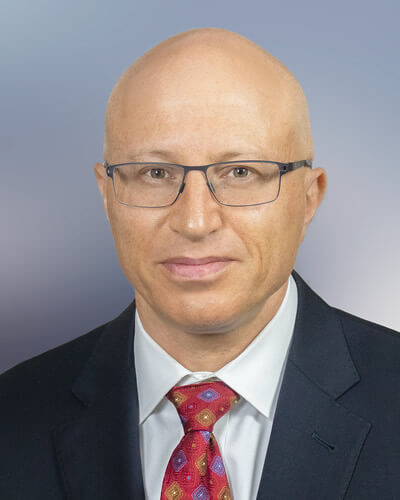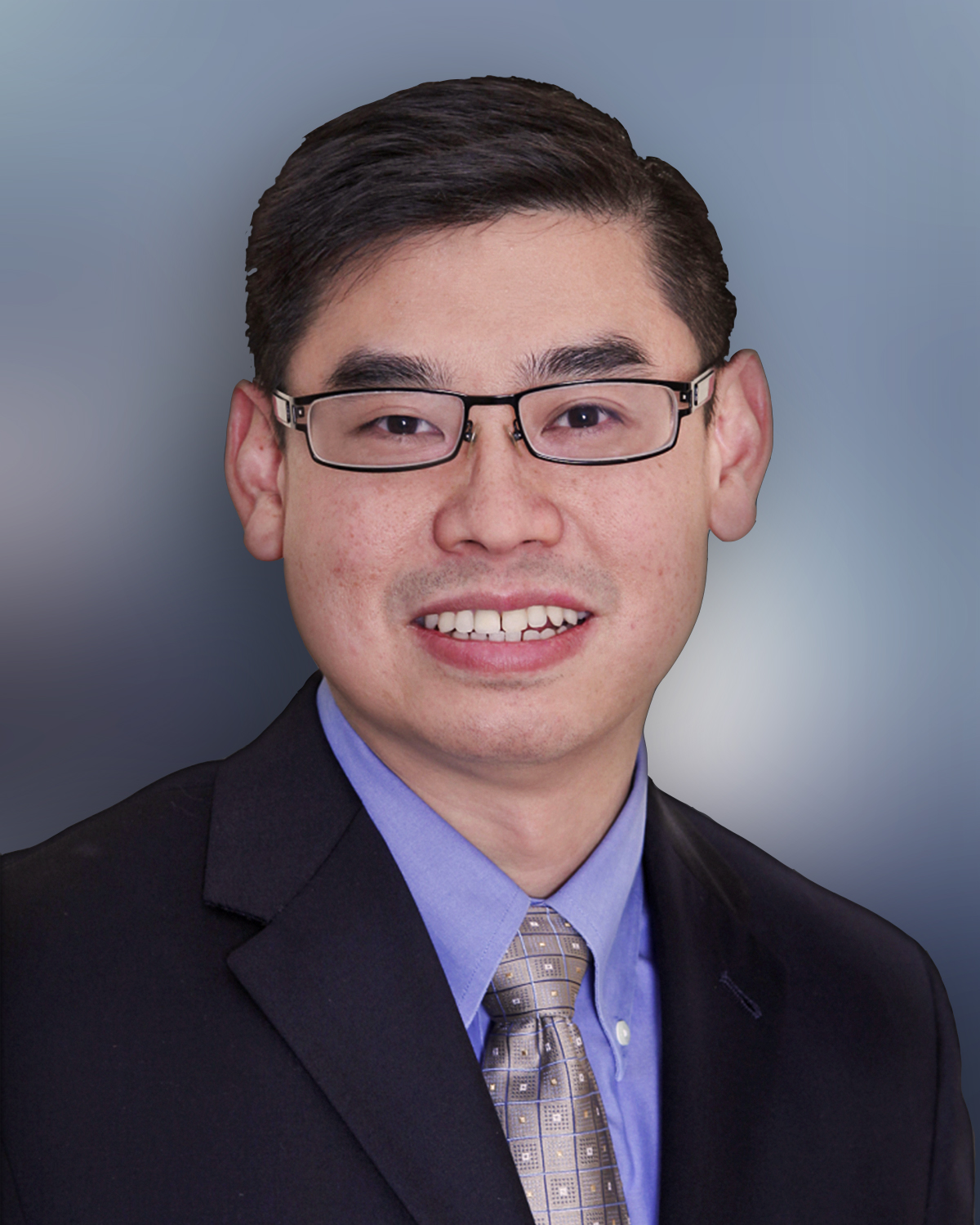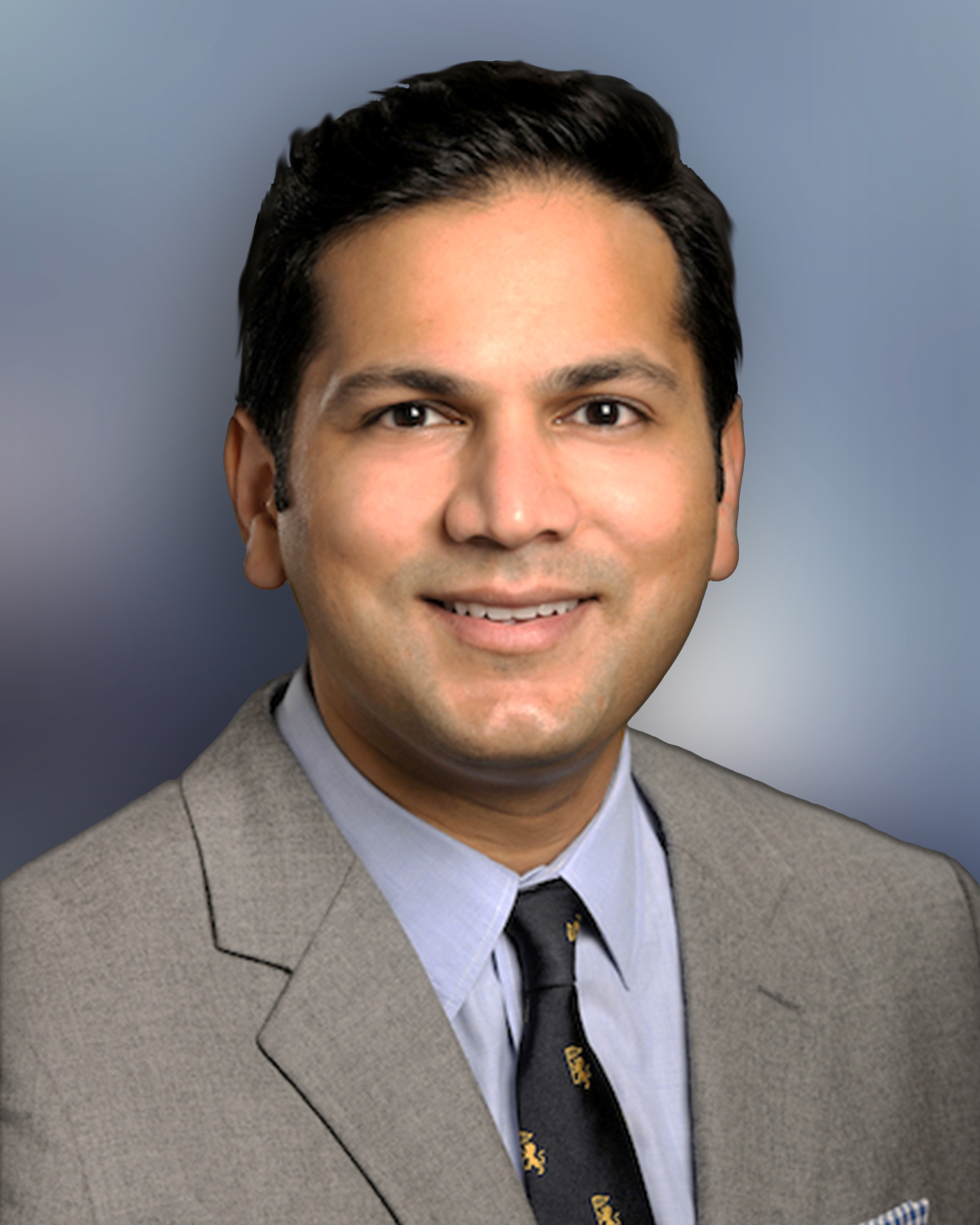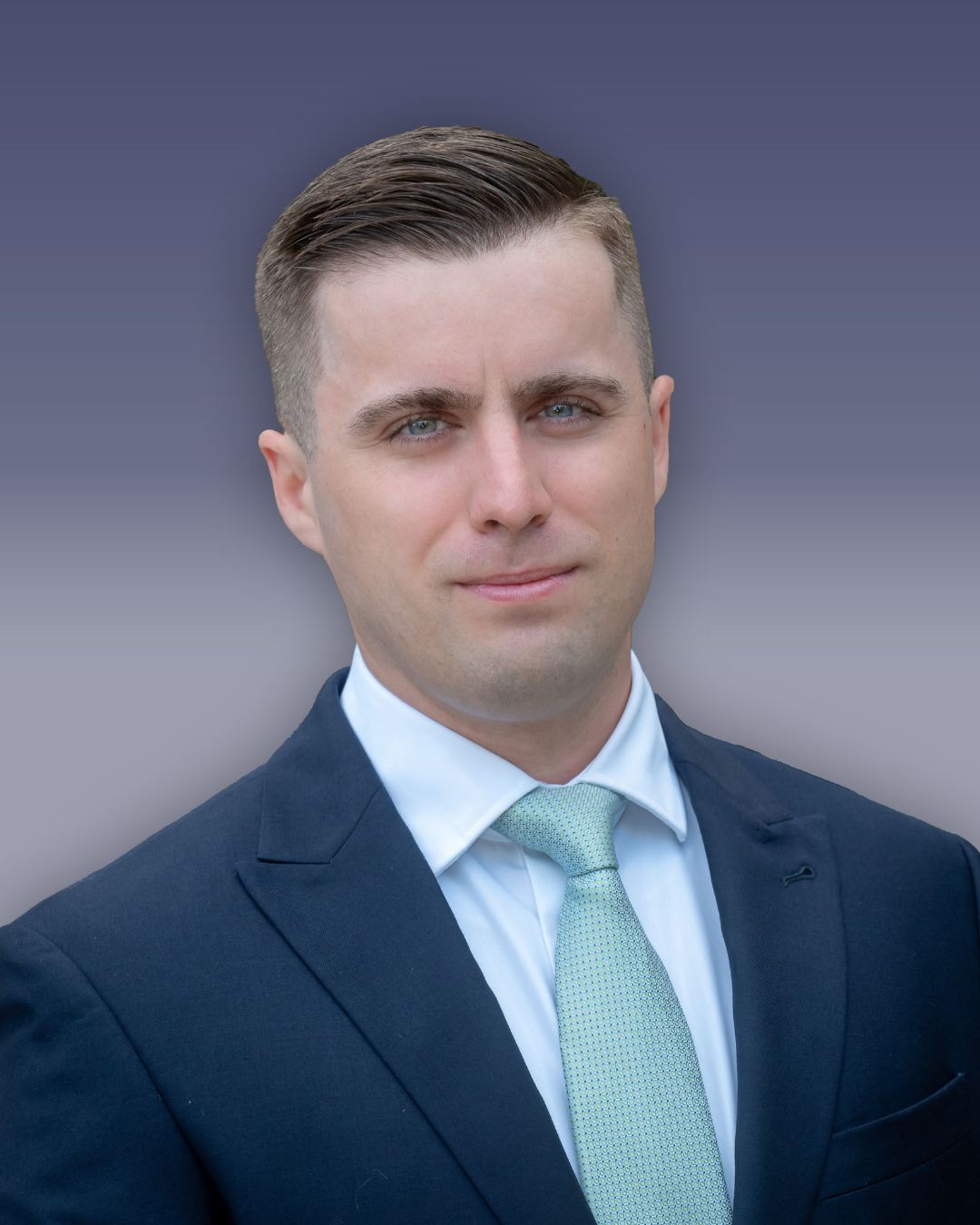Herniated Discs: Specialists & Treatments
Discs are soft, rubbery pads located between the vertebrae in the spine that act as shock absorbers and allow the spine to flex and bend. However, this means that the discs take on a great deal of stress.
What are Herniated Discs?
Spinal discs have a ring of cartilage along the outside that contains a gel-like substance. The outer cartilage of the disc can weaken over time or with a sudden injury, causing the inner disc material to push through that outer wall. This condition is known as a herniated disc but is also commonly referred to as a slipped or ruptured disc. Herniated discs put pressure on the spinal nerves and can be very painful.
Herniated discs are a very common cause of back pain, and consequently a condition that our spine specialists treat frequently at Seaview. Our spine specialists, Dr. Grigory Golderg, Dr. Hoan-Vu Nguyen, Dr. Praveen Yalamanchili and Dr. Vincent Buddle will help you find the treatment option that is right for you.
Meet Our Herniated Disc Specialists in New Jersey
The orthopedic spine, neck and back specialists at Seaview Orthopaedics are your trusted institute for all kinds of spine, neck and back injuries, including hernitated discs. We are committed to providing high-quality specialized service for our patients that has resulted in a high number of them coming back to us again.
Schedule An Appointment with Our Herniated Disc Specialists
How Do Herniated Discs Occur?
Herniated discs are caused by an injury to the disc. A sudden increase in disc pressure caused by a car accident, heavy lifting, slip and fall or other injury can cause the outer disc to rupture or tear and the inner gel can leak out.
What Are the Symptoms of a Herniated Disc?
Depending on the location of the herniated disc, it may produce different symptoms. In addition to pain, a herniated disc in the back may cause a condition called sciatica, which produces a shooting pain that extends from the buttocks all the way down the leg due to pressure on one of the spinal nerves. A herniated disc in the back may also cause weakness, tingling, and/or numbness in one or both of the legs or feet. In severe cases, herniated discs can also cause loss of bladder or bowel control. In these cases, you should seek immediate medical attention.
Herniated discs in the neck produce similar symptoms, but will typically affect the arms rather than the legs and feet. Weakness, tingling, and/or numbness in one arm are common symptoms of a herniated disc in the neck. Herniated discs can also cause burning pain in the shoulders, neck, or arm.
Back or neck pain alone is not enough information to diagnose a herniated disc. An examination is necessary to diagnose a herniated disc correctly. Our specialists may use imaging tests like MRIs to diagnose and locate the herniated disc.
What Treatments Are Available for Herniated Disc?
In some cases, symptoms of a herniated disc can be managed without the need for surgery. However, if nonsurgical treatments are not effective, surgery may be considered. At Seaview, we offer a full range of treatments for herniated discs, whether you need surgery or pain management treatments.
Our spine specialists, Dr. Goldberg, Dr. Nguyen,, and Dr. Yalamanchili work with each patient to determine the course of treatment that best meets each patient’s needs.
Nonsurgical treatment for herniated discs will typically involve medications to help with inflammation. In some cases, over-the-counter pain medications may be sufficient for relieving pain. Steroids and anti-inflammatory medications can also help with herniated disc symptoms.
Physical therapy is a recommended initial treatment for suspected disc herniations. Cold compresses and gentle heat may also be used to help reduce herniated disc symptoms. Exercises that strengthen the back and abdominal muscles may be recommended, and patients should learn proper lifting, sitting, and standing techniques to avoid pain episodes in the future. Some patients with herniated discs find it helpful to take frequent short walks and avoid sitting for extended periods of time.
Our pain management team also offers epidural steroid injections for patients with herniated discs whose symptoms are not effectively managed with the noninvasive treatments mentioned above. These injections can reduce inflammation, which helps lessen the irritation of the spinal nerves.
If an extended period of nonsurgical treatment does not alleviate herniated disc symptoms, surgery may be recommended. There are two surgical options for herniated disc surgery: microdiscectomy and discectomy and fusion.
Our spine surgeons typically recommend microdiscectomy for herniated discs in the lower back. During a microdiscectomy, the surgeon removes the herniated portion of the disc, as well as any other disc material that is irritating the spinal nerve.
For herniated discs in the neck, our surgeons may recommend a cervical discectomy and fusion. During this procedure, the herniated disc is completely removed, and a bone graft is put in its place to allow the vertebrae above and below the disc space to fuse together. Fixation devices like metal plates may be used to hold the bones in place.
Herniated Disc Surgery Recovery
For many patients, the nerve pain from a herniated disc is improved immediately following surgery. Full recovery can take months, although most patients feel well a few weeks after surgery. Physical therapy, which is offered on-site at all six of our office locations, may be recommended during the recovery process.
Herniated Disc Treatment in Central New Jersey and Jersey Shore
At Seaview, our spine specialists, Dr. Goldberg, Dr. Nguyen, Dr. Yalamanchili, and Dr. Buddle frequently treat patients with herniated discs and offer a full range of treatment options to help alleviate patients’ symptoms. If you would like to schedule an appointment with one of our spine specialists, please call our office at (732) 660-6200 or book an appointment online.
Schedule An Appointment with Our Herniated Disc Specialists





